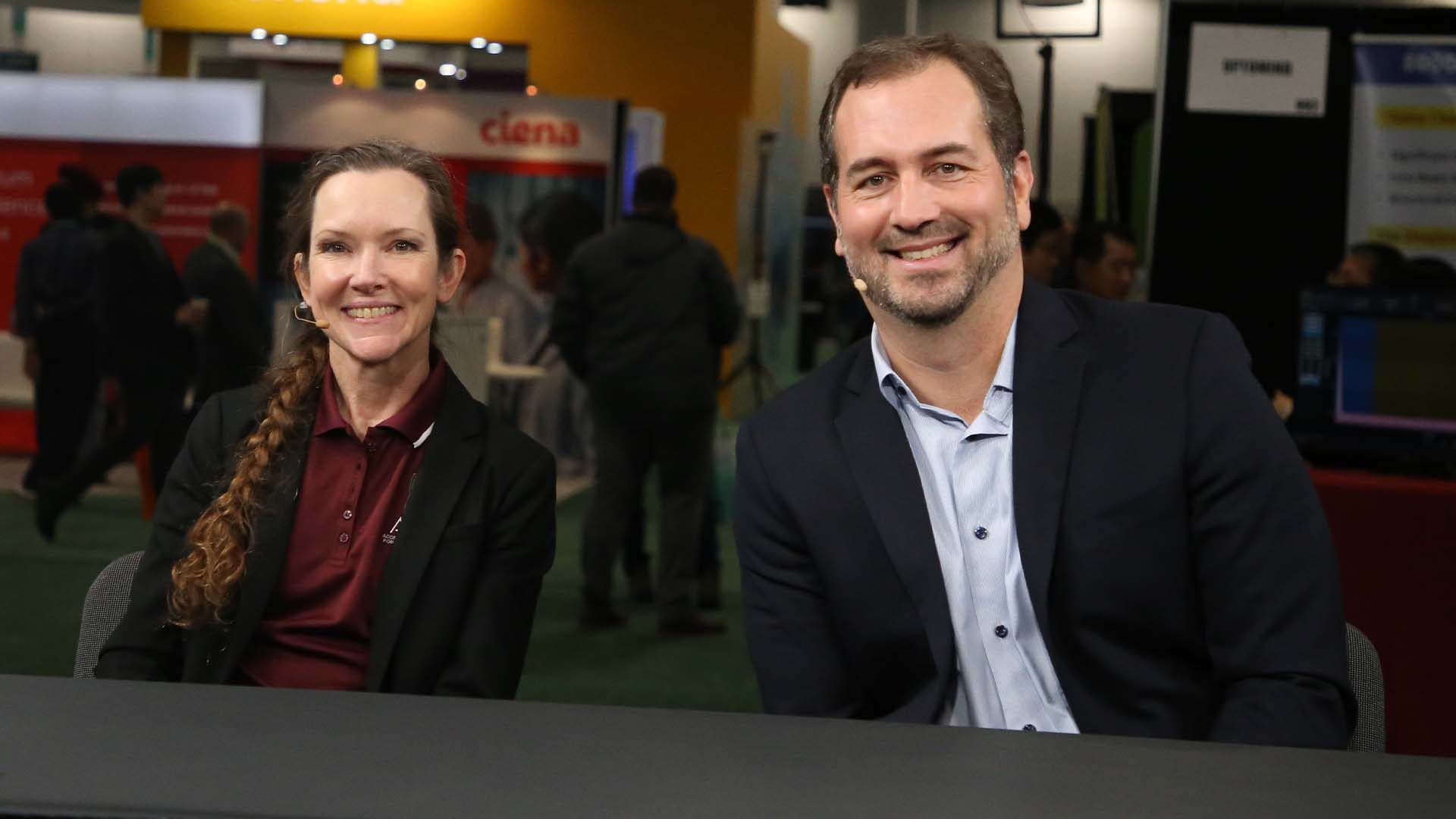 INFRA
INFRA
 INFRA
INFRA
 INFRA
INFRA
Hardware composability is proving to be a game-changer, as it tackles the issue of being bound by any one instance of a system or a particular deployment.
A new project at Texas A&M University is addressing this need. ACES, which stands for Accelerating Computing for Emerging Sciences, is a pioneering computational prototype under development by the university. It seeks to address a critical challenge: providing a unified computing platform that caters to a broad spectrum of users across different research fields, each with unique levels of computing engagement. This initiative aims to enable researchers to inventively craft new programming models and workflows that leverage these architectures, propelling high-performance computing and data science endeavors forward, according to Lisa Perez (pictured, left), associate director for advanced computing enablement at Texas A&M University. ACES is currently in the “test-bed” stage.
“The ACES project is something that we envisioned to support researchers across all of the different disciplines, but with a focus on AI/ML,” Perez said. “We partnered with Dell, and Dell provided us with support and information about different resources, different other industry partners that we could connect with and bring together this beautiful ACES system. ACES is a system that has … composability at the hardware level.”
Perez and David Schmidt (right), senior director of server product management at Dell Technologies Inc., spoke with theCUBE industry analysts Savannah Peterson and John Furrier at SC23, during an exclusive broadcast on theCUBE, SiliconANGLE Media’s livestreaming studio. They discussed why significant emphasis should be put on hardware and the need for composability. (* Disclosure below.)
Since researchers’ needs are changing and processes are being altered by artificial intelligence workflows, composability at the hardware level is required to transform the research landscape, according to Perez. Having graphics processing units directly in the compute node simplifies things for the researchers, she added.
“You can take a common AI/ML workflow, take PyTorch for whatever your research needs are, and programming and looking at AI/ML models,” she said. “The ability to have that hardware composability to take those compute resources and bring them to the node, so we have the Dell R760, we have a variety of GPUs, we have some of the Nvidia GPUs, Intel GPUs, composing those to the compute nodes is what allows for a simplified software model. That’s what enables the researchers.”
Having a standard-driven approach in hardware is vital. This is because it hides all the complexity, making it easier for users to optimally utilize hardware for better solutions, even in the future, since new clusters and projects will continue to spring up, according to Schmidt.
“We’re going to see some really interesting footprints, overall sizes, and we’re talking about power of cooling, overall laws of physics, where our next generation of infrastructure is going … we’re going to want to enable very large-scale training instances,” he said. “We’re going to want to enable inferencing at different parts of our different environments, different use cases. How we make sure that that’s all standards driven and that we’re not asking researchers like Dr. Perez to cobble together a bunch of things on their own, that’s super important to us right now.”
Here’s the complete video interview, part of SiliconANGLE’s and theCUBE’s coverage of SC23:
(* Disclosure: TheCUBE is a paid media partner for SC23. Neither Dell Technologies Inc., the main sponsor of theCUBE’s event coverage, nor other sponsors have editorial control over content on theCUBE or SiliconANGLE.)
THANK YOU